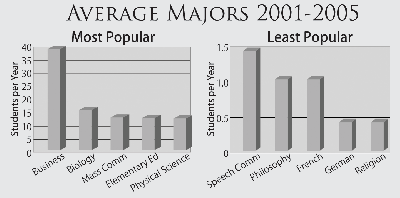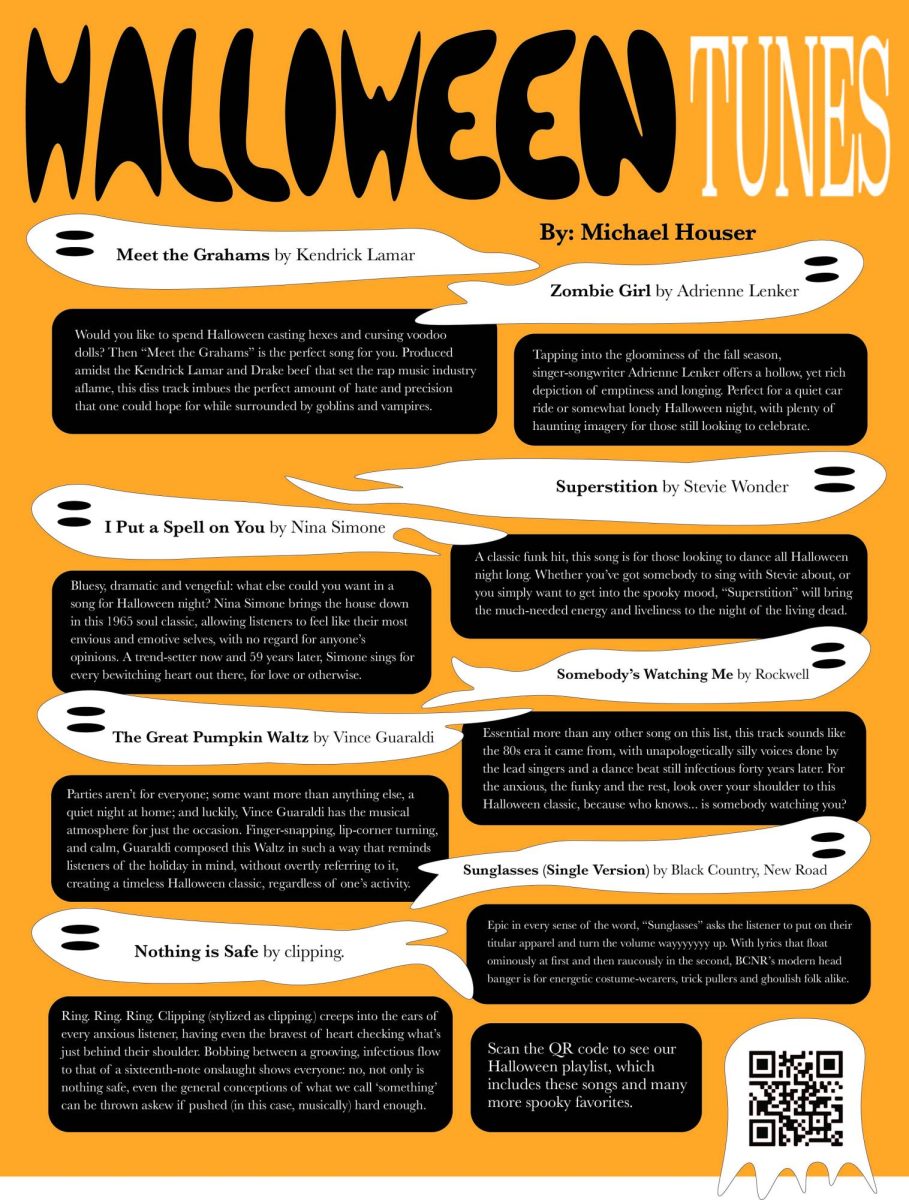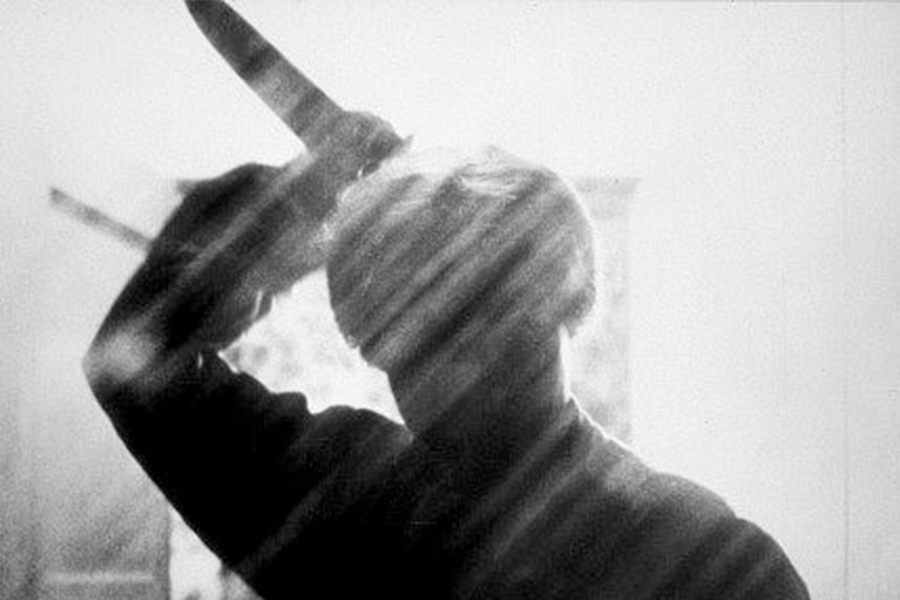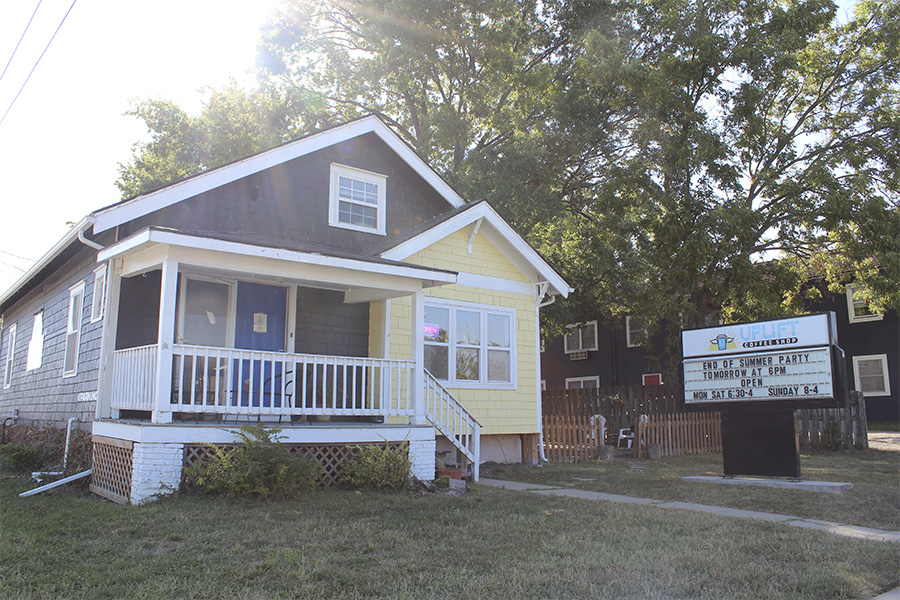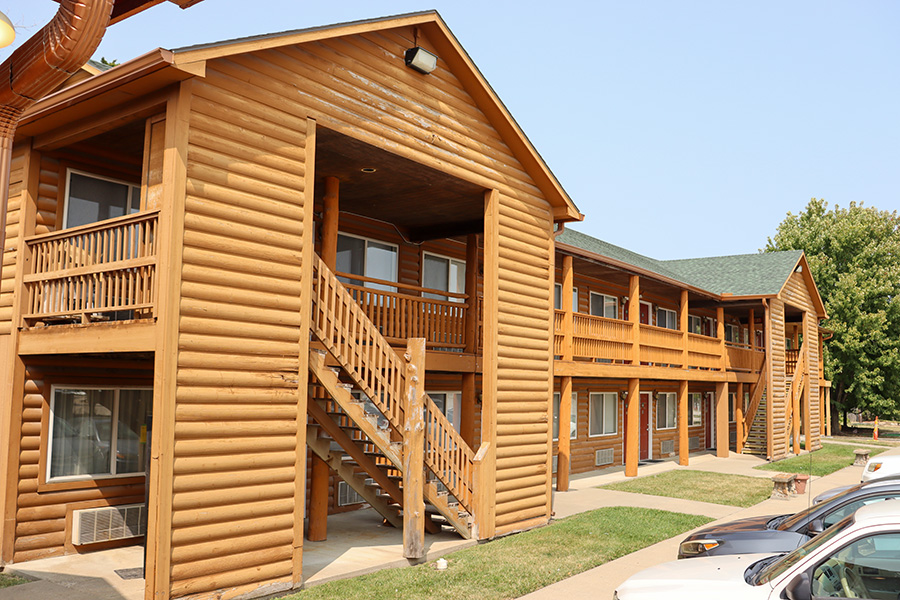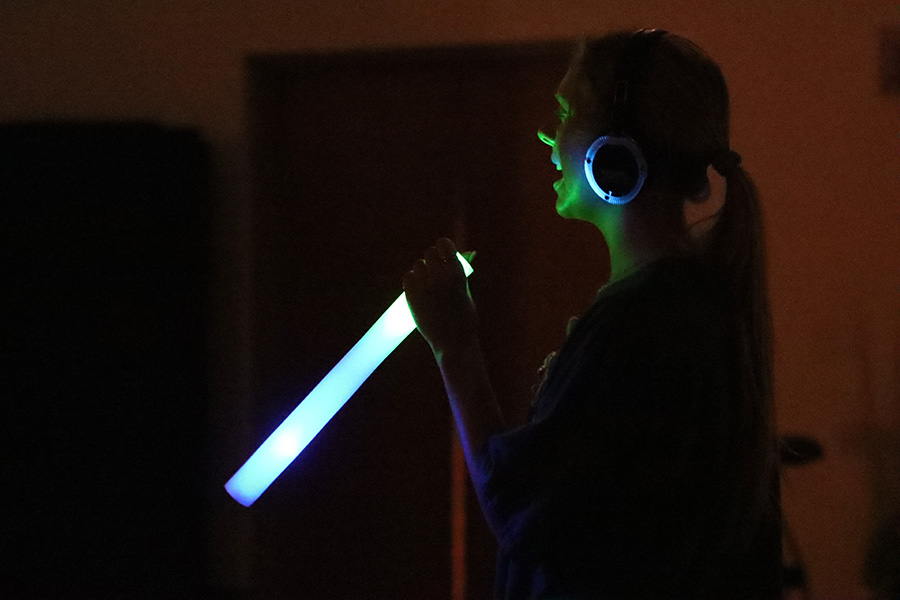Choosing a major can be difficult for most students, so it would follow that determining numbers is difficult as well.
“Department heads will sometimes ask me how many students they have majoring in the field,” Assistant Dean for Institutional Effectiveness Judy Smrha said. “I tell them that the best I can do is to tell them how many students have the word next to their name. … When students walk across the stage at graduation, I know what their major was.”
Traditionally popular majors include business, education, mass communication and biology, and often the less popular fields are the ones that skew the statistics. A functional or self-designed major, for example, is difficult to define in numbers because of the customized course requirements.
“The best case scenario (of a functional or self-designed major) is that a student is not trying to circumvent requirements, but challenge themselves in a manner that had not previously been derived,” Smrha said.
Baker University doesn’t require declaration of a major until junior year, and even then a student can change majors, although it may mean a later graduation date.
Smrha said a high percentage of students have declared, but the data is unreliable because they were often asked as high school seniors.
Senior Sarah Douglass, a psychology and business double major, is set to graduate in December after deciding to gain the credits necessary for a philosophy minor at the suggestion of one of her professors.
While debating whether to study her true interest of psychology, rather than the more practical field of business, she received valuable advice from a friend.
“Do what you want to do,” Douglass said. “Some people are born knowing what they want to do, I just know what I like to study.”
The same idea holds true for freshman Josh Adkins, who decided to major in music. Adkins, who plans to go into the music production industry, said his interest in music began at age 7. He does not foresee a change in his major because of his passion for the subject.
“I love music,” Adkins said. “I live and I breathe music. Don’t choose (to study) something you don’t like.”
The requirements of a liberal arts degree can help a student discover his interests through a wide variety of coursework, Smrha said.
“If you have a collection of good memories in a particular type of class, choose that major,” Smrha said. “And even if a life change happens in a math class for a non-math major, then math was a good idea.”
For students struggling with declaring their majors, the advice coming from both professors and students is the same.
“It doesn’t matter what classes you choose, it matters what you do with them, how you use it to change your life.”


